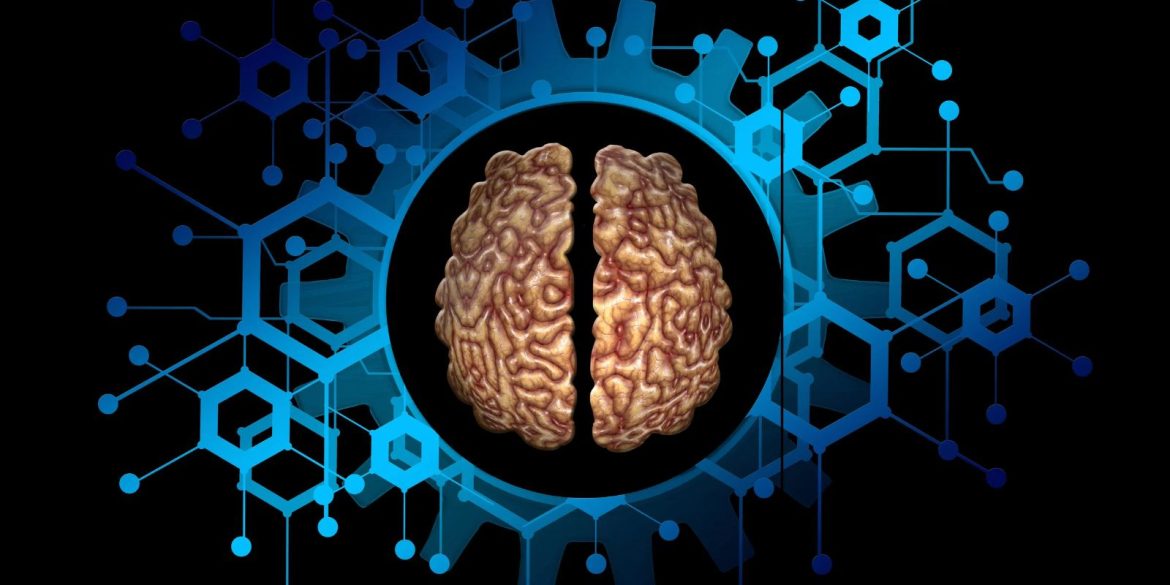
Researchers at the University of Kentucky and Hebrew University in Jerusalem are partnering to study the complexity of the human brain. Specifically, researchers will test whether new, so-far unknown proteins exist in the brain.
Labs from the two institutions have obtained a joint grant from the National Science Foundation (NSF) and the United States-Israel Binational Science Foundation (BSF) to study new aspects of RNA biology.
Researchers are working to answer a fundamental question: Why do humans have more complex brains than other organisms with roughly the same number of genes?
As part of the more than $700,000 grant, Stefan Stamm, Ph.D., a professor in the molecular and cellular biochemistry department in the UK College of Medicine, and his lab are studying the characterisations of the proteins and looking at their biological implications.
Stamm’s lab is partnering with Ruth Sperling, Ph.D., professor (emeritus) in the Department of Genetics at the Alexander Silberman Institute of Life Sciences of the Hebrew University of Jerusalem. She is an expert in RNA processing.
RNA is the mediator in turning instructions held in your DNA into proteins in your cells. During the process, RNA is heavily modified with pieces cut out, or spliced, and put back together in a new line of RNA. Sometimes those pieces form in circles, creating circular RNA.
To read the full article on Newswise.com, click here.
